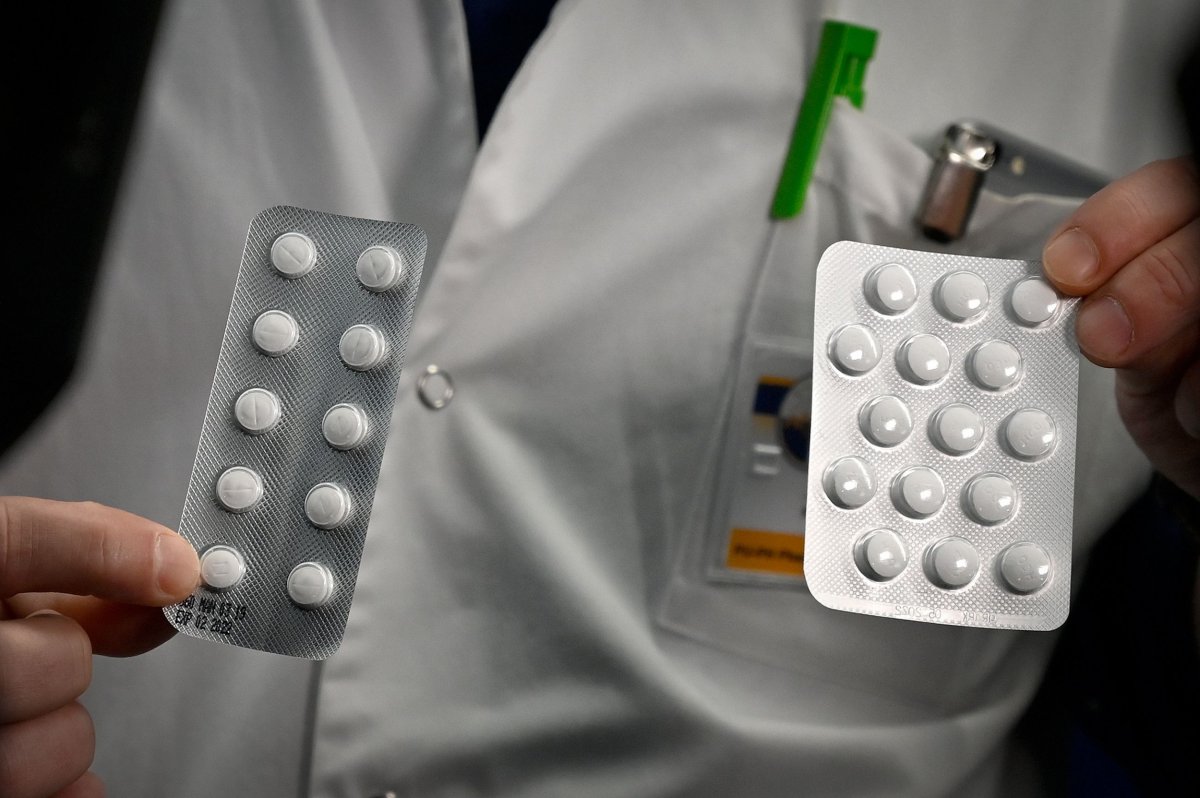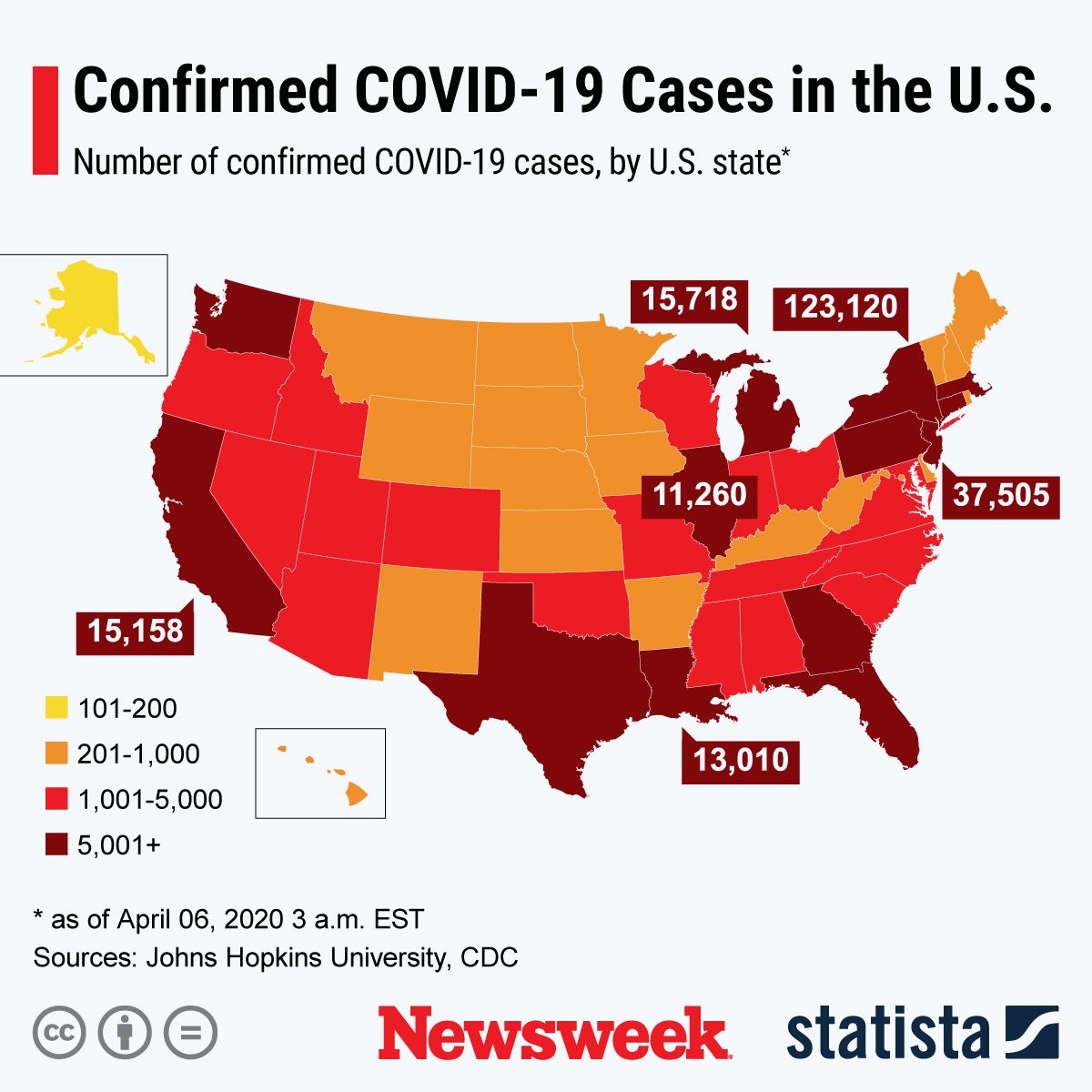Several hospitals in Sweden have reportedly stopped administering chloroquine to coronavirus patients following reports the drug was causing adverse side effects.
According to the national paper Expressen, hospitals in the Västra Götaland region are no longer offering the antimalarial medication, with side effects reported to include cramps and the loss of peripheral vision.
One of the patients affected was Carl Sydenhag, a 40-year-old Stockholm resident. According to Expressen, Sydenhag was prescribed two tablets of chloroquine to take daily after he was diagnosed with COVID-19 on March 23.
But instead of making him feel better, the medication produced unpleasant side effects. As well as cramps and vision loss, Sydenhag experienced a headache that felt like stepping into "a high voltage plant," he told the paper.
Magnus Gisslén, a professor and chief physician at Sahlgrenska University Hospital infection clinic, told the Gothenburg Post he and others at the clinic administered chloroquine "like everyone else." But as of two weeks ago, Sahlgrenska University Hospital has stopped all use of chloroquine in the treatment of COVID-19.
"There were reports of suspected more serious side effects than we first thought," he told the Gothenburg Post on April 1, 2020. "We cannot rule out serious side effects, especially from the heart, and it is a hard-dosed drug. In addition, we have no strong evidence that chloroquine has an effect on COVID-19."
There are no specific drugs used to treat the novel coronavirus but many have pointed to the anti-malarial drugs chloroquine and hydroxychloroquine as contenders.
President Donald Trump has touted the use of hydroxychloroquine in particular, claiming "very very encouraging early results" and announcing on Sunday the federal government had stockpiled 29 million pills of hydroxychloroquine for the treatment of COVID-19. The U.S. Food and Drug Administration (FDA) approved the use of the antimalarial medication last month.

This is despite the fact that the drugs have achieved mixed results in scientific studies. One study suggested it provides no additional benefit to patients who are already receiving care and being treated with antiviral drugs.
Another from researchers in France that has been widely cited by those in favor of using the chloroquine and hydroxychloroquine found the drugs dramatically lower viral load in COVID-19 patients. However, it has been criticized for its poor design, The Financial Times reports.
A paper published last week went even further, disputing its claims and finding no evidence of antiviral clearence or clinical benefit of using hydroxychloroquine and azithromycin to treat COVID-19.
Speaking on CBS' Face the Nation, Dr. Anthony Fauci said "the data are really just at best suggestive" when it comes to the benefit of using hydroxychloroquine to treat COVID-19.
"There have been cases that show there may be an effect and there are others to show there's no effect. So I think in terms of science, I don't think we could definitively say it works."
The below infographic from Statista shows the number of confirmed COVID-19 cases in the U.S. as of April 6, 2020 at 3:00 a.m.

Centers for Disease Control and Prevention Advice on Using Face Coverings to Slow Spread of COVID-19
- CDC recommends wearing a cloth face covering in public where social distancing measures are difficult to maintain.
- A simple cloth face covering can help slow the spread of the virus by those infected and by those who do not exhibit symptoms.
- Cloth face coverings can be fashioned from household items. Guides are offered by the CDC. (https://www.cdc.gov/coronavirus/2019-ncov/prevent-getting-sick/diy-cloth-face-coverings.html)
- Cloth face coverings should be washed regularly. A washing machine will suffice.
- Practice safe removal of face coverings by not touching eyes, nose, and mouth, and wash hands immediately after removing the covering.
World Health Organization advice for avoiding spread of coronavirus disease (COVID-19)
Hygiene advice
- Clean hands frequently with soap and water, or alcohol-based hand rub.
- Wash hands after coughing or sneezing; when caring for the sick; before, during and after food preparation; before eating; after using the toilet; when hands are visibly dirty; and after handling animals or waste.
- Maintain at least 1 meter (3 feet) distance from anyone who is coughing or sneezing.
- Avoid touching your hands, nose and mouth. Do not spit in public.
- Cover your mouth and nose with a tissue or bent elbow when coughing or sneezing. Discard the tissue immediately and clean your hands.
Medical advice
- Avoid close contact with others if you have any symptoms.
- Stay at home if you feel unwell, even with mild symptoms such as headache and runny nose, to avoid potential spread of the disease to medical facilities and other people.
- If you develop serious symptoms (fever, cough, difficulty breathing) seek medical care early and contact local health authorities in advance.
- Note any recent contact with others and travel details to provide to authorities who can trace and prevent spread of the disease.
- Stay up to date on COVID-19 developments issued by health authorities and follow their guidance.
Mask and glove usage
- Healthy individuals only need to wear a mask if taking care of a sick person.
- Wear a mask if you are coughing or sneezing.
- Masks are effective when used in combination with frequent hand cleaning.
- Do not touch the mask while wearing it. Clean hands if you touch the mask.
- Learn how to properly put on, remove and dispose of masks. Clean hands after disposing of the mask.
- Do not reuse single-use masks.
- Regularly washing bare hands is more effective against catching COVID-19 than wearing rubber gloves.
- The COVID-19 virus can still be picked up on rubber gloves and transmitted by touching your face.
Uncommon Knowledge
Newsweek is committed to challenging conventional wisdom and finding connections in the search for common ground.
Newsweek is committed to challenging conventional wisdom and finding connections in the search for common ground.
About the writer
To read how Newsweek uses AI as a newsroom tool, Click here.








